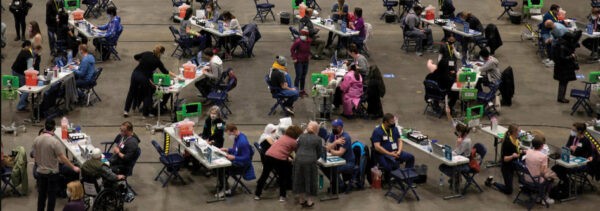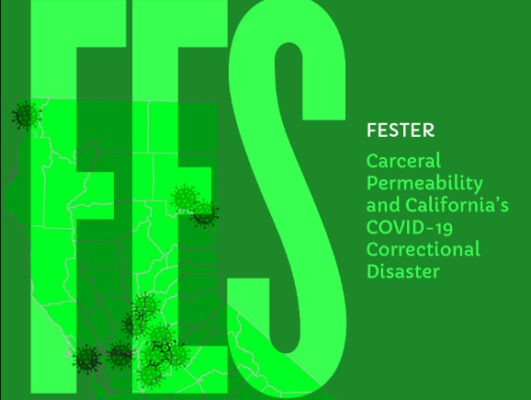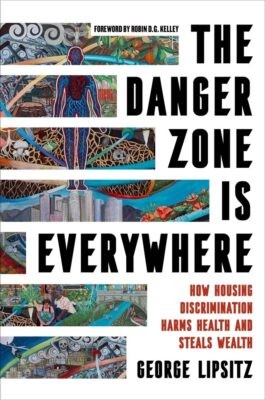9 Results

A Turning Point in Public Health
Dec 20 2024
In this time of rapid evolution, we offer a thoroughly updated and revised fourth edition of our book, "Public Health Law and Ethics: Power, Duty, Restraint" — defining the fields of public health law and ethics for a new generation.

Prisons are Still Making COVID-19 Era Mistakes
Nov 07 2024
Unless considerable prisons reforms are made now—like an aggressive 50% reduction in prison population—the next epidemic will provoke calamities similar to COVID-19.

Housing discrimination is a public health disaster — and we need widespread social mobilization to fix it
Oct 21 2024
Residential racial segregation is both an economic injustice and a public health hazard. My new book contends that housing insecurity and its health consequences make up key components of an unjust, destructive, and deadly racial order.

A Tribute to Paul Farmer: Legendary Global Health Activist and Physician
Feb 22 2022
An inspiring humanitarian, doctor, and advocate of global health equity, Paul Farmer leaves behind an immense legacy. With the tragic news of his passing on February 21, 2022, our Executive Editor Naomi Schneider shares a tribute to his work.By now you might have heard that our author, Paul

Q&A with Adria L. Imada, author of An Archive of Skin, An Archive of Kin
Jan 05 2022
For the annual meeting of the American Historical Association, we reached out to scholar Adria Imada to discuss her new book, An Archive of Skin, An Archive of Kin: Disability and Life-Making during Medical Incarceration.Adria L. Imada is Professor of History at University of California, Irvine,

Q&A with Ippolytos Kalofonos, author of All I Eat is Medicine
Nov 16 2021
For the 2021 American Anthropological Association meeting, Ippolytos Kalofonos, author of All I Eat is Medicine: Going Hungry in Mozambique's AIDS Economy, joined us to discuss some of the key findings from his work.All I Eat Is Medicine charts the lives of individuals and the operation of i

What does teen pregnancy prevention have to do with the COVID-19 pandemic?
Jan 26 2021
By Chris Barcelos, author of Distributing Condoms and Hope: The Racialized Politics of Youth Sexual HealthThe COVID-19 crisis has brought the language and practices of public health into our lives like never before. If there was ever a time to be thinking critically about public health, it i

Advances in Global Health: A Q&A with Editor-in-Chief Craig Cohen
Nov 10 2020
Advances in Global Health embraces the call for decolonizing and democratizing global health.

Post-pandemic Will the Poor Get Poorer?
Oct 29 2020
Anirudh KrishnaAnirudh Krishna’s essay “The Poorest After the Pandemic” is featured in Current History’s November special issue on the pandemic’s global ramifications. Krishna is the Edgar T. Thompson Professor of Public Policy and Political Science at Duke University. His research investigates